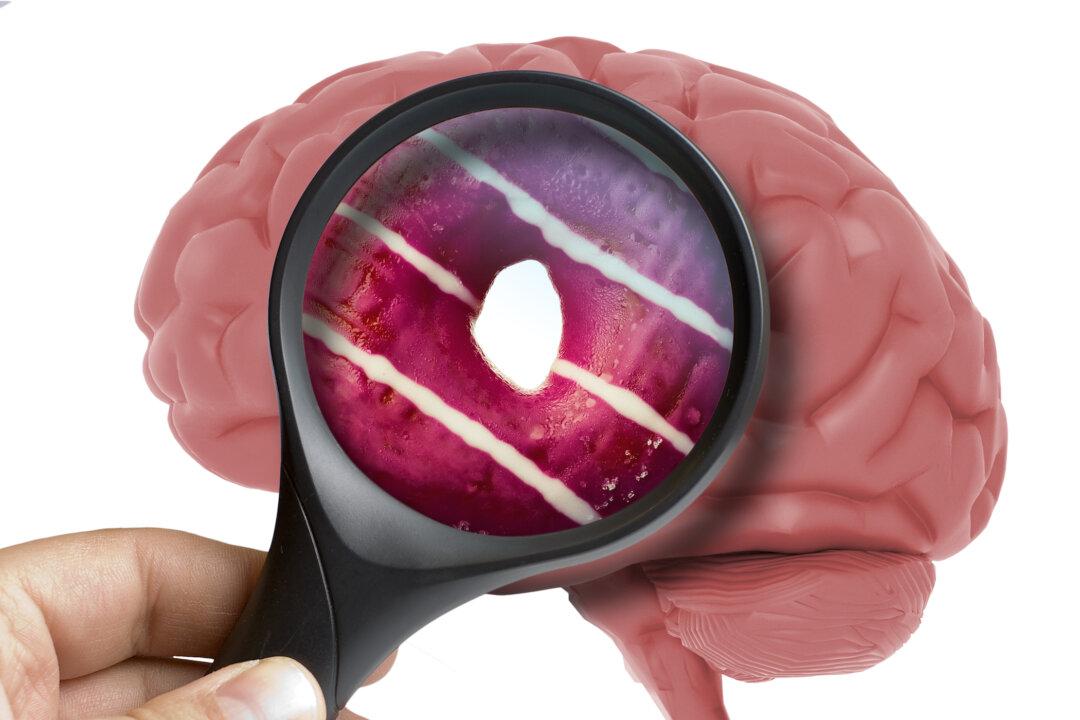The overconsumption of this is increasingly being linked to brain-related health issues such as depression, learning disorders, memory problems and overeating.

By canbedone/Shutterstock
|Updated:
Dr. Joseph Mercola is the founder of Mercola.com. An osteopathic physician, best-selling author, and recipient of multiple awards in the field of natural health, his primary vision is to change the modern health paradigm by providing people with a valuable resource to help them take control of their health.
Author’s Selected Articles





